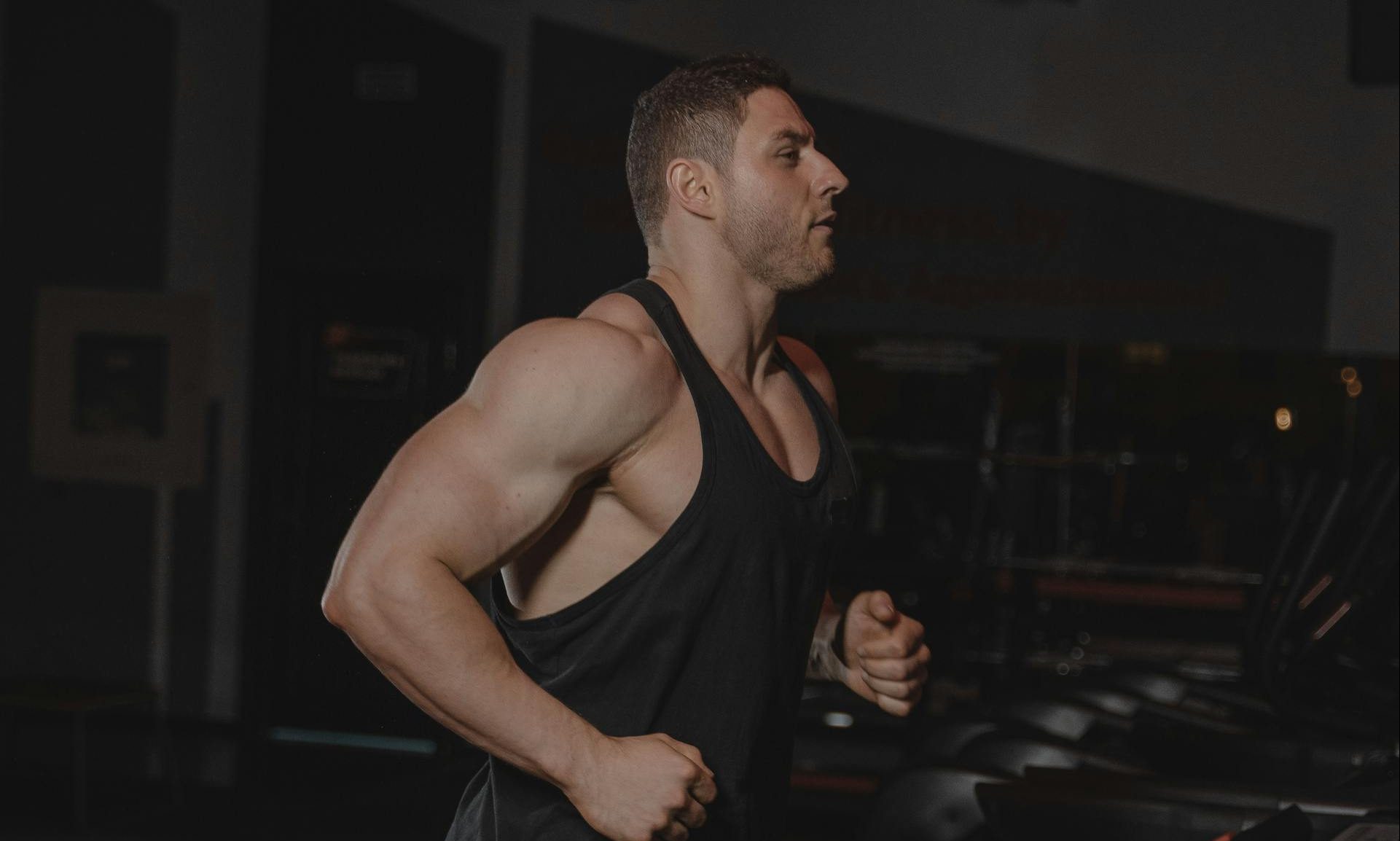We all need our sleep. Personally, I feel a lot better after getting a full night’s rest, and I’m not yawning my way through the day. Researchers have found that a lack of sleep increases your risk of a range of conditions, including depression, diabetes, high blood pressure, stroke, and heart attack. All the more reason to prioritize your sleep.
I know I’m not functioning at my best if I haven’t got enough shut eye, so I certainly wouldn’t be trying to run a marathon or anything on those days. Research shows that runners who sleep less hours actually do take longer to cross that finish line, highlighting a connection between running performance and sleep.
How sleep deprivation affects running performance

Sleep deprivation slows down your reaction time and impairs brain functioning, so it feels a lot more challenging to finish that run.
Sprinting

An interesting study concluded that after extended sleep, athletes notably increased their speed and were able to sprint faster. Basketball players had better shooting accuracy with their free throw percentage increasing by 9%. To add to that, the athletes were less fatigued and they reported improved overall ratings of mental and physical well-being during games and practices.
High-intensity training takes a hit

Not getting enough rest also negatively impacts high-intensity training. For example, research reveals that male athletes ran slower sprints when they didn’t get enough rest. Their heart rates were also higher and they breathed faster while doing these intense workouts on insufficient sleep.
Long-distance running

If you can’t handle sprinting or short bouts of exercise after limited sleep, long-distance running and exercises lasting more than 30 minutes might be even tougher. In one study, runners performed 30-minute treadmill sessions at their usual pace. The researchers found the following results when the runners had poor sleep:
- There was more lactate build-up during steady-state exercises.
- They were only able to cover shorter distances.
- Running felt more difficult during long distances.
Concluding thoughts

Research is mounting showing that a lack of sleep will hold you back from maximizing your fitness potential. Poor sleep negatively affects your pace, performance, tiredness, sense of well-being, and more. If you’re planning on going running or working out within 2-4 hours before bedtime, it might be best to stick to moderate intensity. Research shows ultra-endurance runners had better sleep efficiency after moderate-intensity runs compared to higher-intensity runs. Try to wind down and avoid moderate activities within an hour of bedtime.
Lots of elite runners recommend including certain proven practices in your bedtime routine to help you relax and unwind, such as using foam rollers or massagers, taking a hot bath, reading, and doing other calming activities.




